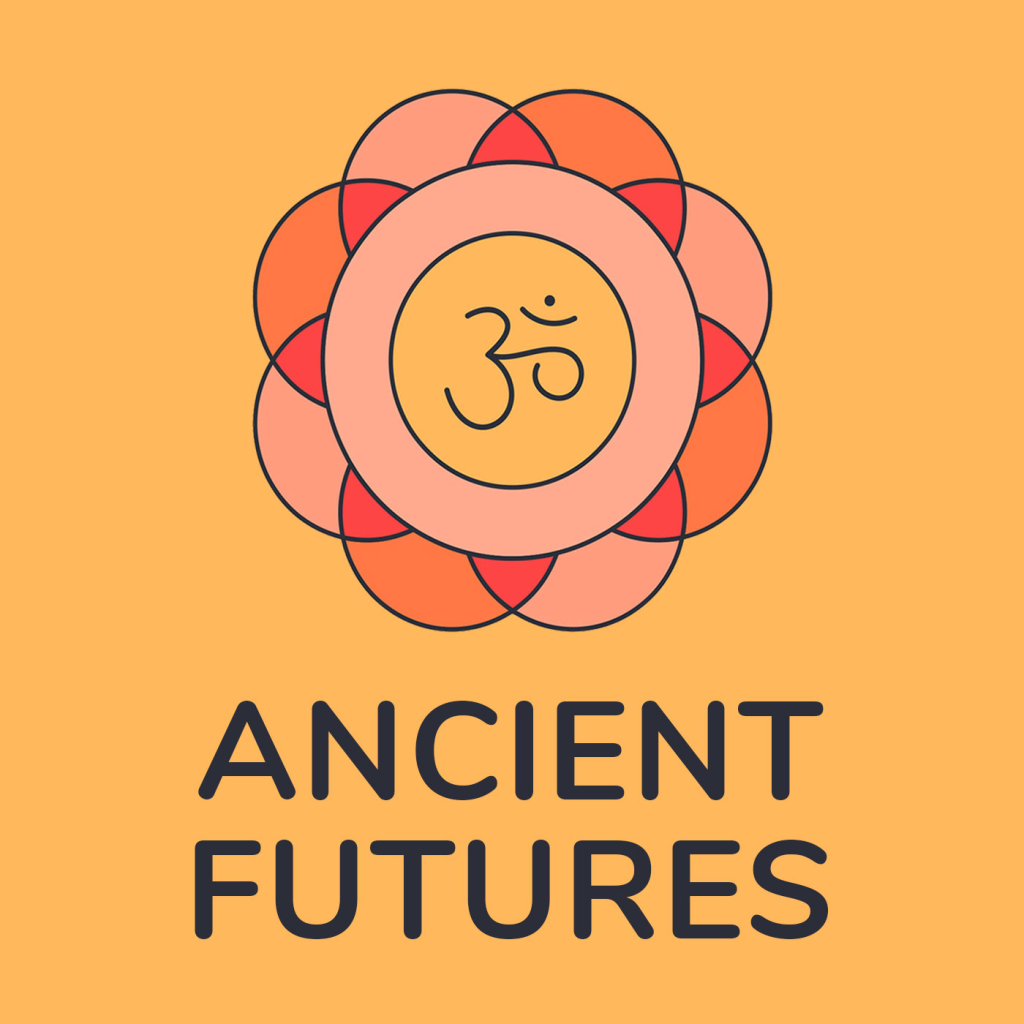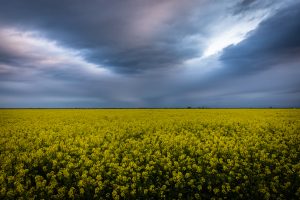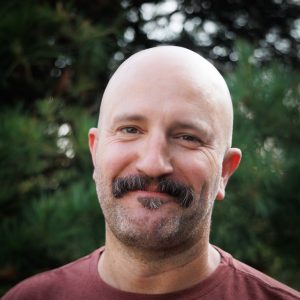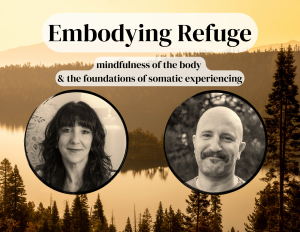While it is fairly obvious that I’m a fan of the Buddhadharma, many of you may not know that I also have a deep interest in the longterm, historical trajectory of Yogic traditions. My personal studies led to my becoming a lecturer on the history and philosophies of Yoga for 200-hr yoga teacher trainings. I eventually stumbled upon the book “Truth Of Yoga”, by Daniel Simpson and loved the way that it presented a complex history of ideas in an approachable, nonacademic narrative. I said as much on social media and tagged Daniel, and thus we became connected.
Last year, when the second edition of the Recovery Dharma basic text was released, Daniel reached out and asked if I’d be willing to have a conversation about the intersection of Buddhadharma and addiction for his podcast. A year later, it finally happened.
From Daniel’s website:
How does someone heal an addictive mind? Matthew Hahn is a co-founder of Recovery Dharma, which uses Buddhist methods to overcome addictions. He also contributes to the Boundless Freedom Project, teaching mindfulness, ethics and compassion to people in prison and on their return to the outside world.
Our conversation explores how Buddhist principles and practices empower those in recovery to find inner wisdom. We consider how this differs from “12 step” approaches, which enlist the help of God, while noting the importance of community to both. Another part of Matthew’s work is to advocate for changes in carceral policy that make transformation more widely accessible.
These commitments grew out of his experiences, both as an addict and convicted felon. Matthew has been sober since 2005, but his earlier escapades earned him ten years in prison. That story is worth a whole podcast in itself (see this episode of How to Human for a fuller exploration). Put simply, his life turned around after stealing a safe, and his response to what he found inside reduced his sentence.
Matthew describes his own recovery in this essay, included in the second edition of Recovery Dharma, which is available for free download here.
You can listen to the podcast here (Apple) or on Spotify.






